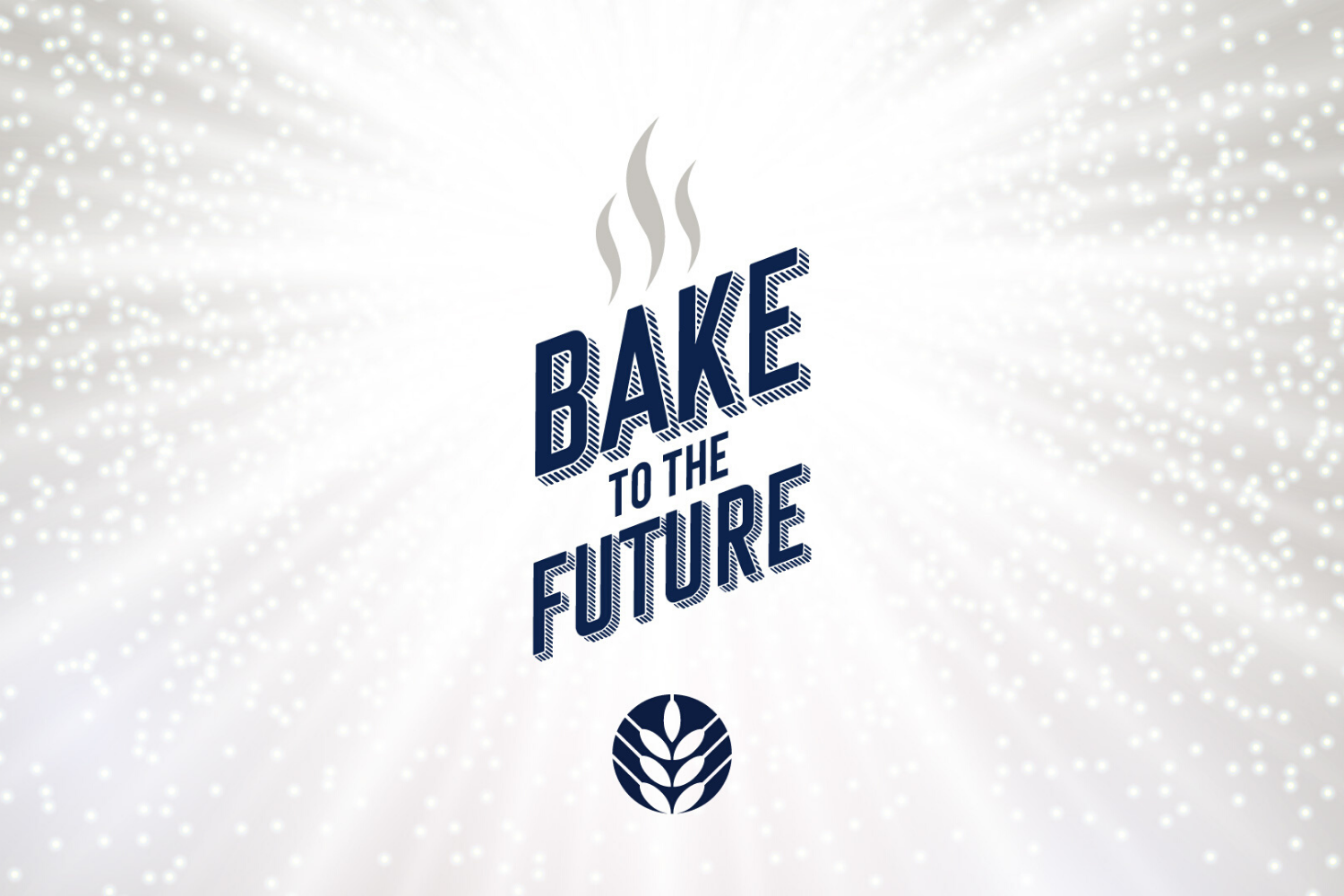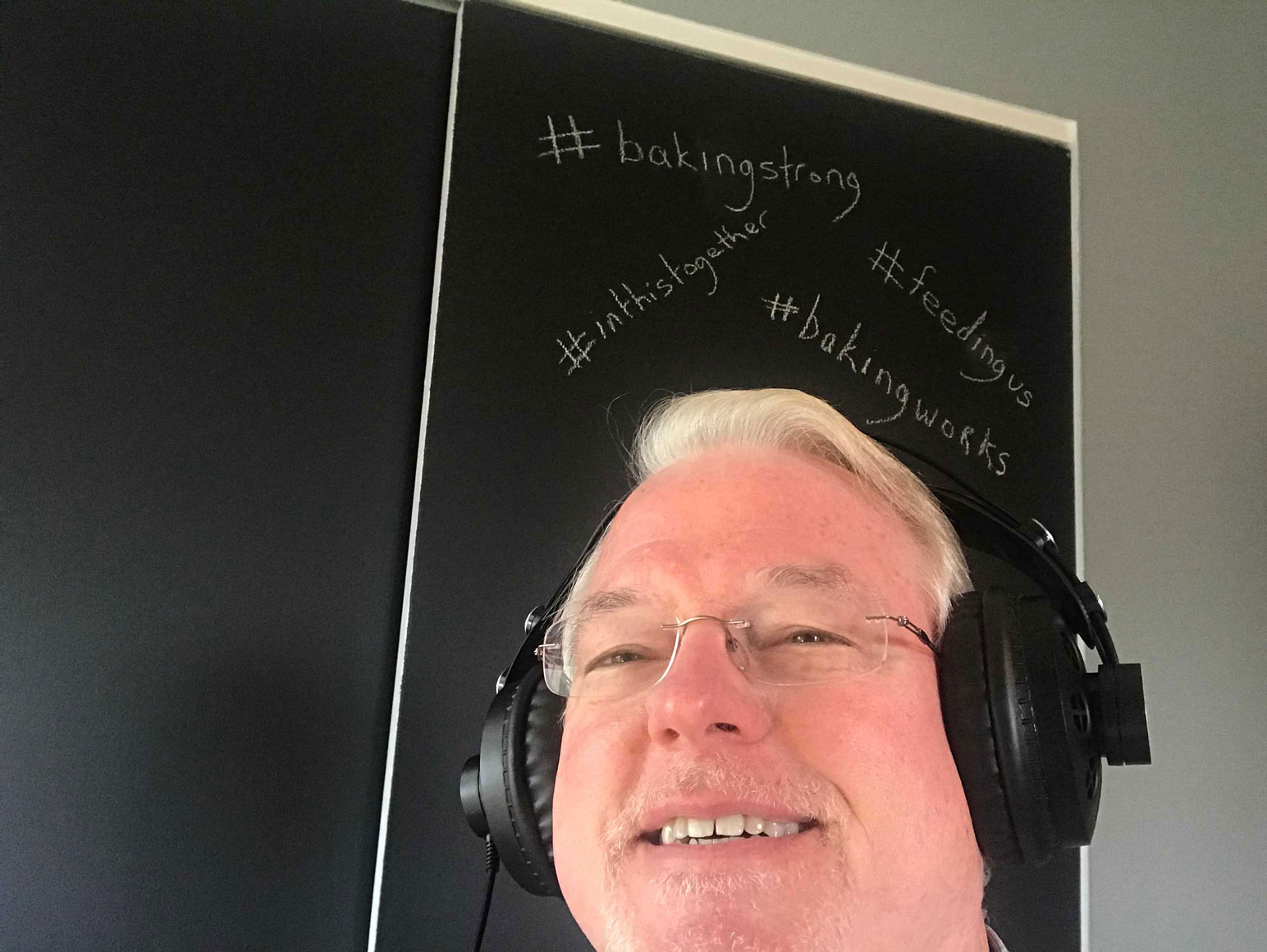The world changed overnight, and the baking industry mobilized.
The coronavirus crisis has placed food suppliers and retailers on the front lines in the battle to meet the basic needs of consumers. The $150 billion-plus baking industry has quickly risen to the challenge by leveraging its dedicated workforce, deep partnerships, and committed leaders.
That’s the view from Robb MacKie, President and CEO of the American Bakers Association (ABA), who outlined the industry’s rapid response in a special episode of ABA's Bake to the Future. He was interviewed by ABA’s Katie Juhl, Director of Communications and Marketing, and Hailey Blumenreich, Marketing and Communications Coordinator.
MacKie relayed that ABA conducted a call with its Executive Committee just as the urgency of the crisis was becoming clear. “We were all on the same page,” MacKie recalled. “We were all in agreement that everything else that we were doing, and unfortunately that included the ABA Convention, had to be put on the back burner. Our singular focus was keeping this industry operational so that we could feed our communities and feed our country.”
Mobilizing Government and Industry
Early efforts included making sure that government agencies, from Homeland Security to the Centers for Disease Control and Prevention, understood that the baking industry is part of the critical food and agriculture infrastructure addressing this national emergency.
ABA quickly mobilized with key partner organizations, including The Food Beverage Issue Alliance, and a group of CEOs that MacKie helped to bring together from major food and beverage supply chain associations.
Food industry leaders quickly realized they needed to focus only on priorities that benefitted everyone.
“We’re able to rally as an entire food chain,” he said. “We have all put aside our organizational egos, if you will. We’re sharing resources like I’ve never seen the food industry do before.”
One of the key initiatives has been to focus on creating protocols in real-time for how to address specific challenges emerging at facilities.
This includes scenarios like, “How do you safe distance inside a facility? How do you take care of employees to make sure they don't get sick? If an employee does get sick, how do you handle that situation in a humane way, but also keep the operation running?”
Supporting the Baking Workforce
Another imperative has been to bolster the baking industry’s workforce at a time when its capacity is being pressured. ABA has been surveying its members to identify specific workforce needs. Meanwhile, MacKie has been in talks with his counterpart at the National Restaurant Association to develop strategies for bakers to hire workers from that hard-hit industry sector, many of whom have lost jobs during the crisis.
“We’re working on a partnership with the restaurant association, where we can do outreach to those folks that unfortunately had been laid off and impacted,” MacKie said. “We can do our part to help those folks get an income, and maybe become part of the career path in the baking industry.”
These and other efforts have shown the industry at its best, with many heroic and inspirational stories. Bakers are continuing to support food banks and other anti-hunger organizations, even as they rush needed products to retail. Baking employees are stepping up and even “putting themselves at risk to make sure product gets made and gets onto the store shelves so that our communities and our country have food on the table.”
Identifying Lessons for the Future
Already ABA is starting to identify future lessons from the crisis. One of the biggest is that government response needs to be more uniformly helpful. On the positive side, MacKie has been deeply engaged with the government during the crisis, from involvement with the White House Task Force to Capitol Hill allies and a range of agencies. He called out, in particular, Deputy Commissioner Frank Yiannas and his team at the Food and Drug Administration, who have “bent over backwards” to help the industry make progress.
However, the baking industry has run up against some government “bureaucratic obstacles,” such as the challenge of getting certain agencies to be on the same page. “I think that sometimes in times of crisis, people in organizations sort of default to their comfort zone,” MacKie said. “And unfortunately, with some government agencies, that comfort zone is to go through the regular order and the regular process.” He added, “We will bring those learnings back and say, ‘We can’t go through this again.’”
Fortunately, one of the biggest lessons learned is that years of building partnerships across industry, government and other sectors are paying off for ABA and bakers during this crisis. MacKie pointed to the example of Washington relationships as a prime example of how ABA has made progress.
“We have a hard-earned but well-deserved reputation in Washington as being a problem solver,” he said. “We bring solutions to the table.”
Also, you can leave us a voicemail with your thoughts and feedback - which might even get played on the show. We're always listening. And we're always #InThisTogether.




